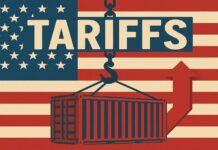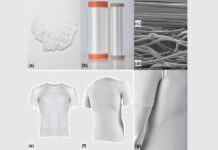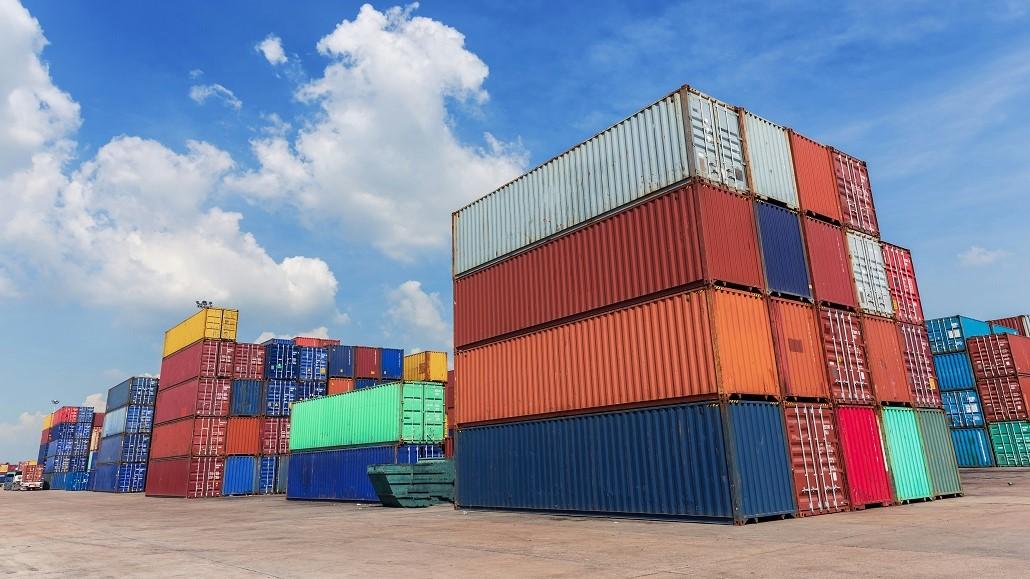In response to the 50% tariff imposed by the Trump administration, India is implementing strategies to alleviate the impact on its textile and garment sector. The government has announced an extension of the export obligation period for holders of Advance Authorization (AA), Export-Oriented Units (EOUs), and Special Economic Zones (SEZs). This new policy increases the timeframe for meeting export obligations from six months to 18 months.
A notification from the Directorate General of Foreign Trade (DGFT) under the Ministry of Commerce and Industry indicates that this extension applies to imports of products subject to mandatory Quality Control Orders (QCOs) issued by the Department of Chemicals & Petrochemicals (DCPC) under the AA scheme, now giving businesses more time to comply.
It is important to highlight that the export obligation period for AA holders was already set at 18 months in accordance with Paragraph 4.40 of the Handbook of Procedures for the Foreign Trade Policy, 2023. However, this timeframe was previously limited to 180 days for the clearance of import consignments related to chemical products exempt from QCOs, based on an earlier DCPC directive.
This extension will facilitate the importation of more affordable raw materials that were previously subject to restrictions, giving companies the flexibility to secure essential supplies without immediate compliance with QCOs. Export-oriented units, particularly in need of polyester yarn, will benefit from this policy change, easing constraints on raw material availability across the country.
By lengthening the export obligation period, the government aims to mitigate pressure on these units when it comes to downstream product exports, providing crucial support to the industry facing the challenges posed by the recently imposed U.S. tariffs.


































